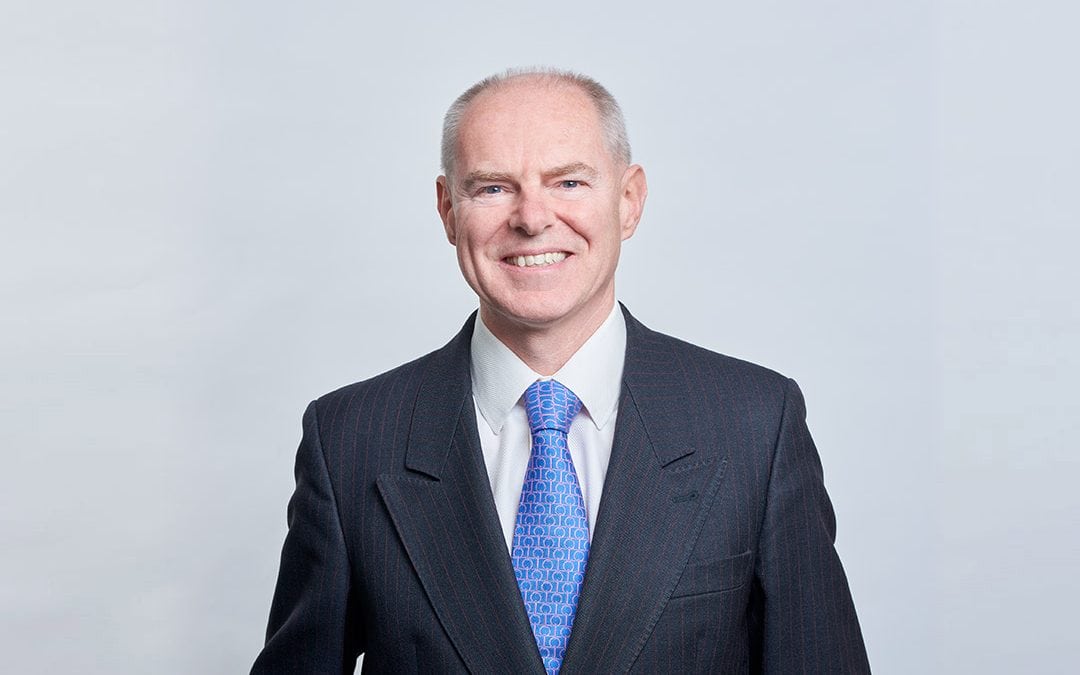The UPC Court of Appeal reverses the Paris Central Division’s decision that it has jurisdiction, regardless of parallel German proceedings pending for the same patent.
We recently reported on the UPC’s decision to hear the Nokia v Mala case, regardless of parallel German proceedings pending for the same patent. Interestingly, the UPC Court of Appeal has reacted quickly with a different view. This update is reported here.
Our recent article reporting on the UPC Paris Central Division’s decision concerning jurisdiction can be found here.
UPC Proceedings Stalled Ahead of Decision of the German Courts
Nokia’s attempt to revoke Mala’s European patent (EP 2 044 709) through the UPC has hit a barrier. The UPC has stayed proceedings until Germany’s Federal Court of Justice rules on the earlier revocation action regarding the same patent.
Before the Court of Appeal, the core issue in the dispute between the two parties was whether the German proceedings should take precedence over the UPC proceedings, and whether the latter should be stayed. The debate centred on the interpretation of the term “during” in Article 71c(2) of the Brussels I Regulation. This Article states that “Articles 29 to 32 of the regulation shall apply where, during the transitional period referred to in Article 83 of the UPC Agreement, proceedings are brought in both the Unified Patent Court and a court of a Member State party to the UPC Agreement.”
Nokia contended that this provision only applies to cases initiated after the start of the UPC and during the transitional period. Mala, however, argued that the critical factor is not the exact timing of the initiation of the parallel proceedings but whether they remain ongoing during the transitional period.
In the first instance, the Paris Central Division sided with Nokia’s interpretation. The Court of Appeal, however, ruled that the Article should be interpreted to mean that the provisions apply where proceedings are pending before both the UPC and a national court during the transitional period, even if the national court proceedings began before the period started.
Thus, the Court of Appeal has overturned the first instance decision, siding with Mala’s interpretation and not deeming it necessary to refer the matter to the European Court of Justice (CJEU).
The UPC Court of Appeal’s ruling clarifies how parallel revocation actions should proceed during the UPC’s transitional period, but the fate of Nokia’s case now depends on the German court’s ruling. If Germany upholds the patent, Nokia could continue its UPC challenge. If the patent is invalidated, both the UPC and German cases could come to an end.









